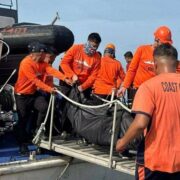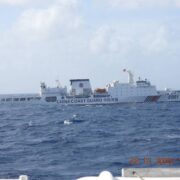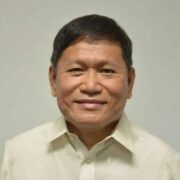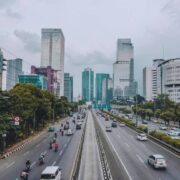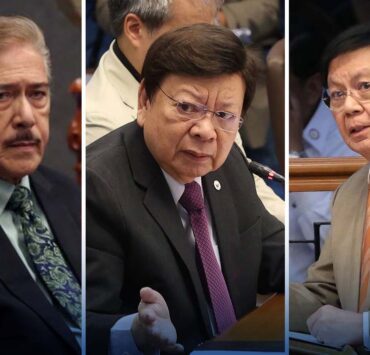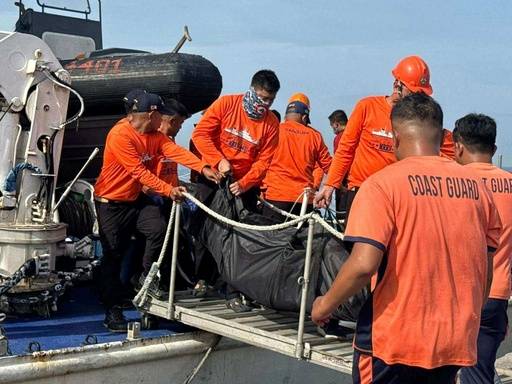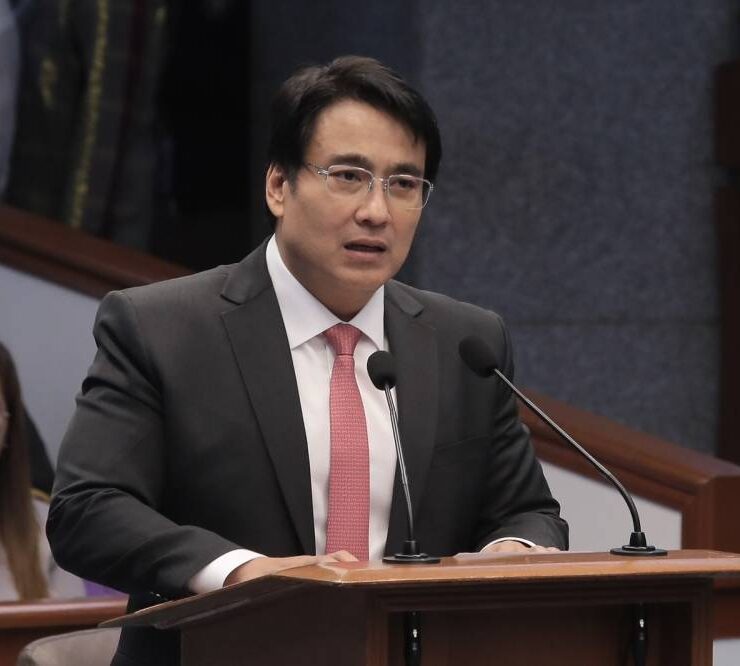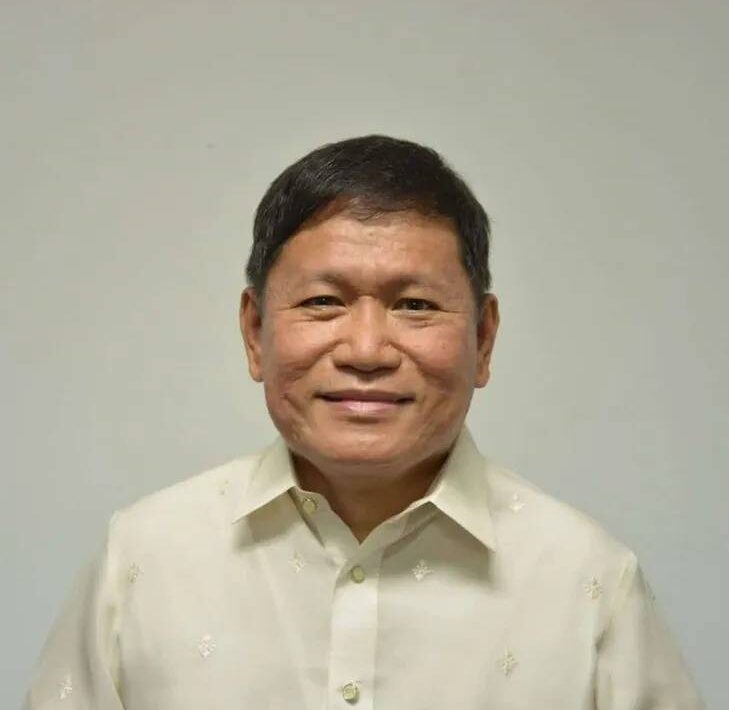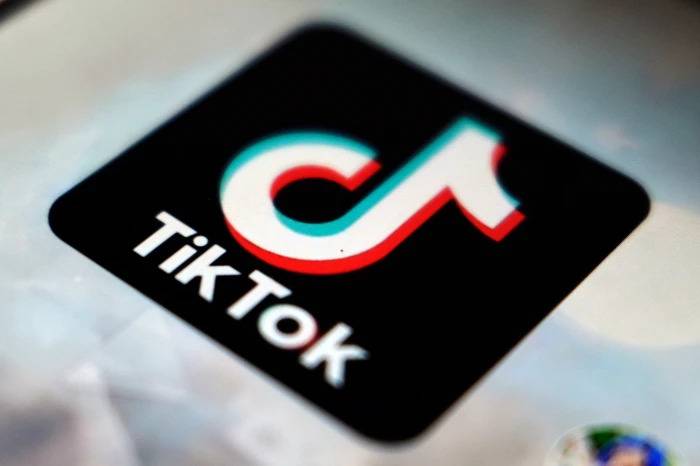DOF clarifies: No PH-Sokor loan deal for bridge project
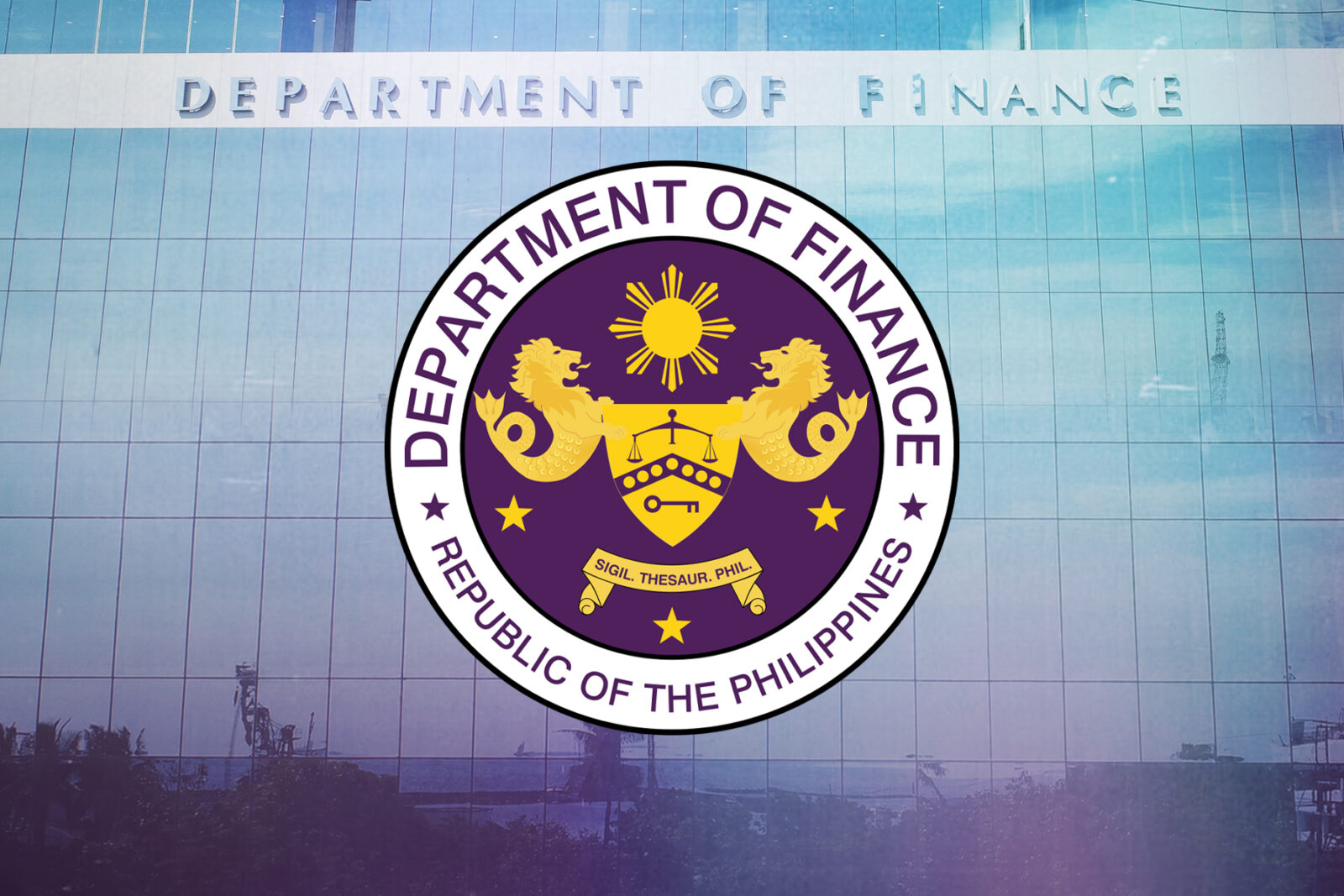
The Department of Finance (DOF) on Wednesday belied reports that South Korea had withdrawn an infrastructure loan to the Philippines over corruption concerns, saying no such agreement ever existed.
South Korean President Lee Jae-myung on Tuesday said in a Facebook post that he had stopped his administration from resuming discussions on a 700-billion won (₱28.7 billion) infrastructure loan to the Philippines, citing its “potential for corruption,” attaching the link to an exclusive report of Hankyoreh21, a magazine affiliated with Korea’s center-left daily, The Hankyoreh.
The Philippine government applied for the Korean loan in 2023, but South Korea’s Ministry of Strategy and Finance (MOSF) “deemed the project’s chances of success low primarily because of the difficulty of managing 350 construction sites.”
“The MOSF also confirmed suspicions that corrupt individuals, a characteristic of the Philippines’ political and business collusion, were involved in the project’s poor [rating],” Hankyoreh21 said in its report.
It cited an unnamed local Philippine contractor, a local consultant for the project, who had a history of poor construction and corruption in similar bridge construction projects in the past.
“In 1996, during a project to install 200 bridges, [the contractor] sparked controversy over high-priced deliveries and was embroiled in controversy over poor construction, including the construction of bridges that were not connected to roads and therefore unusable,” it noted.
The report also mentioned only the firm of former Ilocos Sur Chavit Singson, LCS Group of Companies, as among the local entities wanting to participate in the modular bridges project.
In April 2024, the Korean government formally notified the Philippines of its decision not to provide financial support to the project.
In talks with France
“As early as the last quarter of 2024, the government decided to look for other bilateral partners who can implement the full scope of the project,” the DOF said in a statement. “Hence, there is no existing loan for the said project with South Korea.”
The DOF said the project was originally explored with Korean financing, but talks were halted last year after the Department of Agrarian Reform (DAR) raised concerns over “non-alignment on scope and other key technical specifications.”
DAR was mentioned in the news report as the Philippine government agency working as a project lead and proponent for coordinating with its Korean counterparts.
A source said the proposed deal with Seoul would have covered only about 100 bridges—far short of the 350 that DAR targeted nationwide.
Finance officials said the P28 billion needed for President Marcos’ rural modular bridge program is being negotiated instead with France.
Talks with Paris are now in “advanced negotiations” to finalize technical and financial terms, the department added.
Party politics
The South Korean president’s remarks were in reaction to an exclusive report by Korean news magazine Hankyoreh 21, which detailed how the loan application by the Philippines for the project, which initially was turned down due to “suspicions of corruption” and “low chance of success,” was “belatedly resumed” after intense pressure from a Korean lawmaker.
It said the loan was revived after People Power Party lawmaker Kwon Seong-dong personally contacted Minister of Strategy and Finance Choi Sang-mok and requested that the project be reconsidered, even though it had already been rejected, because “if you support the EDCF project for a rural modular bridge project in the Philippines, we can secure nickel mining rights from the Philippine government in return.”
The official name of the project is the PBBM Rural Modular Bridge Project involving the construction of modular bridges in 350 areas nationwide–210 in Luzon, 88 in Visayas, and 53 in Mindanao–by 2028.
“I ordered the immediate suspension of all procedures related to the project,” Lee said in his post, as quoted by English publication Korea JoongAng Daily.
““This is significant in that it prevented the unnecessary waste of taxpayer money, amounting to a staggering 700 billion won, and preemptively prevented the risk of corruption and mismanagement,” a translated text of his statement read.
The Korean Embassy in Manila has yet to respond to queries regarding the matter.
This development came at a time when the Philippines is embroiled in a major corruption scandal involving flood-control infrastructure, which has prompted intense House and Senate investigations into suspected collusion between politicians, public works officials and contractors to embezzle billion of pesos intended for projects mitigating river overflows during strong and often deadly typhoons. —WITH A REPORT FROM JOHN ERIC MENDOZA




